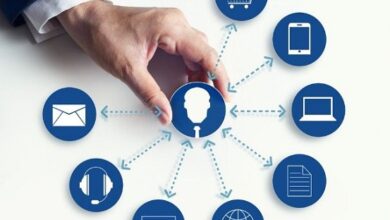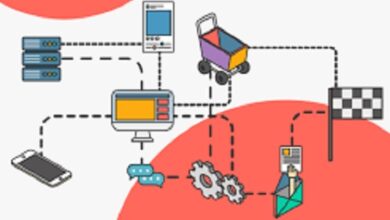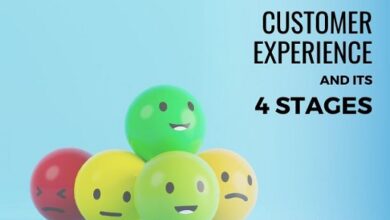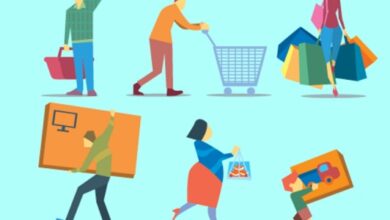Economics/Business
Economics
Economics is the social science that studies how individuals, businesses, governments, and societies allocate scarce resources to satisfy their unlimited wants and needs. It is concerned with the production, distribution, and consumption of goods and services, and the decisions and behaviors of individuals and institutions that shape these processes.
By reading the intensive articles of Englopedia.com you will grasp that it is a broad field that encompasses various branches and subfields, including microeconomics, macroeconomics, international economics, labor economics, behavioral economics, and many others. Microeconomics focuses on the behavior of individuals and firms, while macroeconomics looks at the overall performance of the economy, including issues such as inflation, unemployment, and economic growth. International economics examines the flow of goods, services, and capital across borders, while labor economics focuses on the behavior of workers and employers in the labor market.
Englopedia will make you aware that Economists use a range of tools and techniques, such as mathematical modeling, statistical analysis, and experimental methods, to study and analyze economic phenomena. They aim to understand how markets work, how individuals and institutions make decisions, and how public policies and institutions impact economic outcomes.
Through the leading articles of Englopedia you will realize that Economics has significant implications for individuals, businesses, governments, and societies, as it can inform decisions related to investments, production, taxation, trade, and social welfare policies. It is a crucial field of study for understanding the functioning and dynamics of modern economies and for addressing pressing global issues, such as inequality, climate change, and economic development.
-

Central Location Test its purposes Types and Performance
What is a Central Location Test? Essentially, Central Location Test is a way of conducting product market research that takes…
Read More » -

Omnichannel customer experience examples with Advantages and 7 Steps to Create
What is the omnichannel customer experience? In this article we will provide you the information about Omnichannel customer experience examples…
Read More » -

Service design definition its Advantages and 8 Steps for service design
What is service design? The definition of Service design is a roadmap that includes the steps and processes that a customer…
Read More » -

Self service definition with 7 types of self service and Tools to measure
What is self-service? The definition of Self-service refers to any point of sale or service where a customer can avoid…
Read More » -

Customer perception definition its Importance 4 influential factors and measurement
What is customer perception? The definition of Customer perception is what they feel about your product and your brand . It is…
Read More » -

Stages of customer service its importance and 4 stages of customer service
What are the customer service stages? Knowing the stages of customer service is essential to be able to offer a satisfactory experience…
Read More » -

Customer service flowchart its elements benefits making and customization
What is a customer service flow chart? A customer service flow chart is a visual tool that establishes the various…
Read More » -

Organizational management strategies and its Advantages
What is organizational management? In this section of reading we will provide you the Organizational management strategies and its Advantages.…
Read More » -

Consumer behavior model its Importance and 4 models and How to build a model of customer behavior
What is the consumer behavior model? Knowing the model of consumer behavior can be of great importance for the success of a…
Read More » -

Rewards program definition its benefits and How do you create
What is a rewards program? The definition of a rewards program is a strategy that allows to reward the various…
Read More »